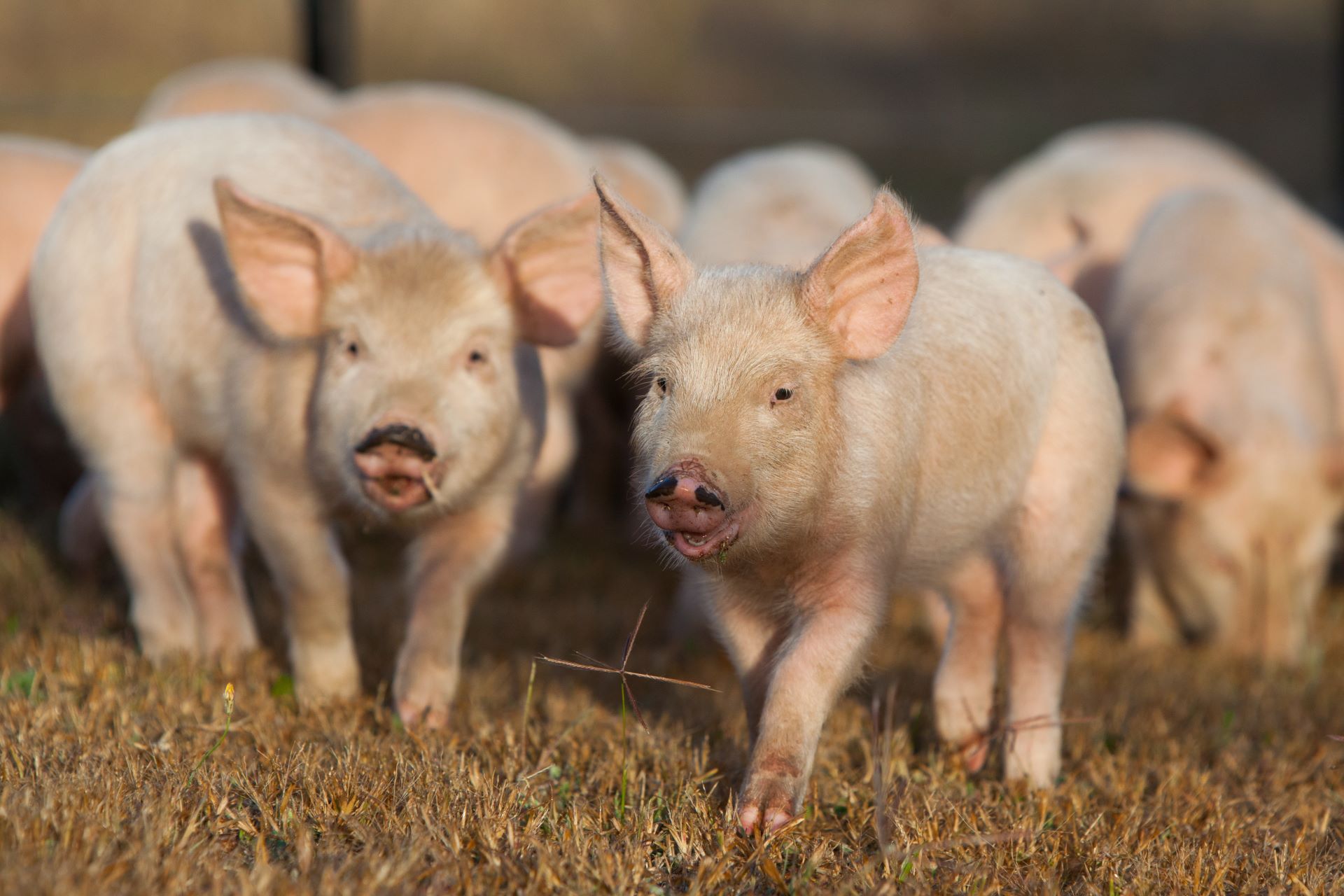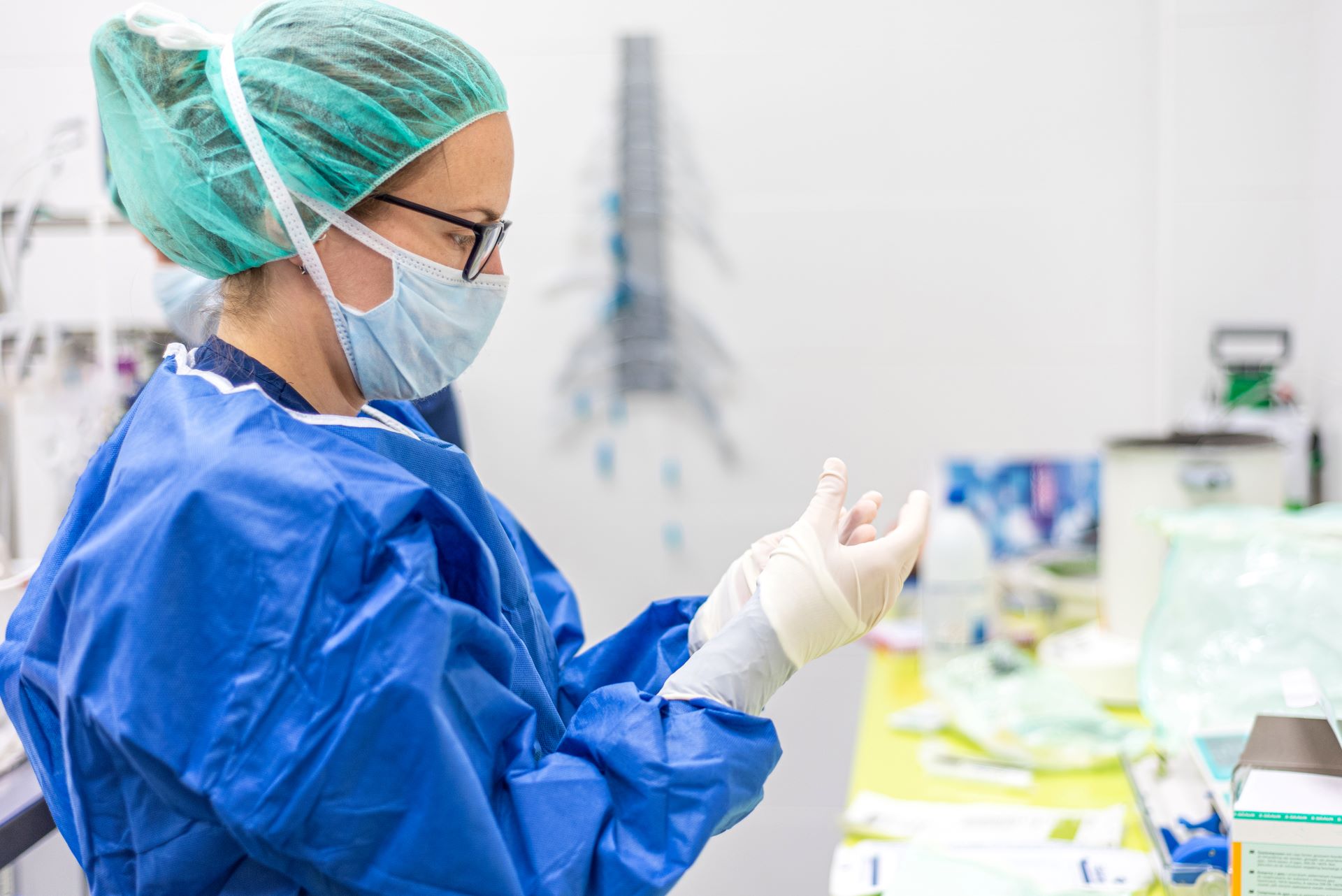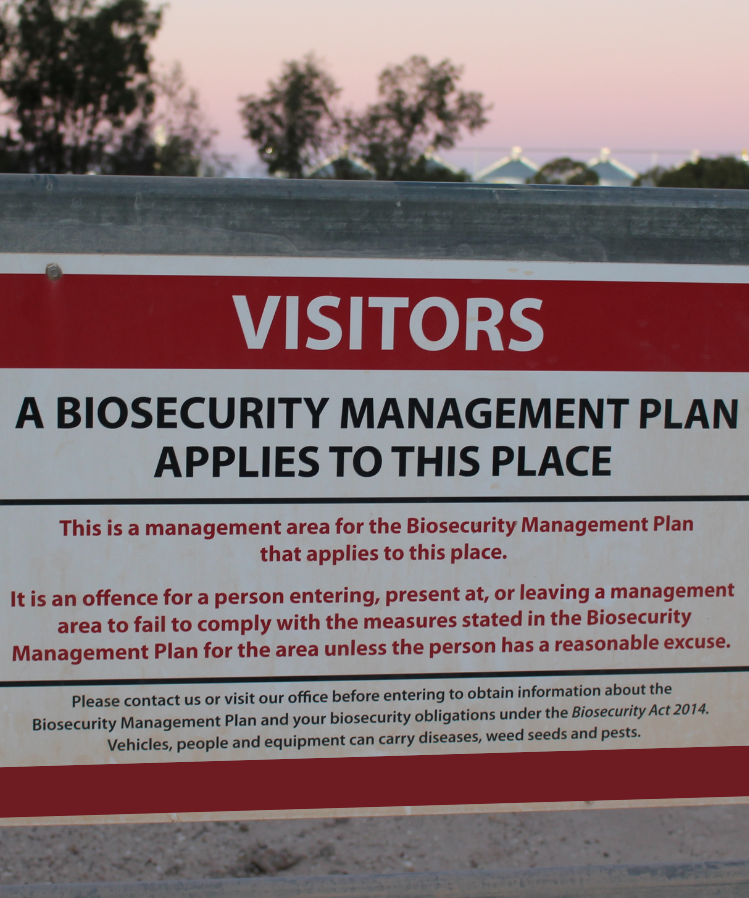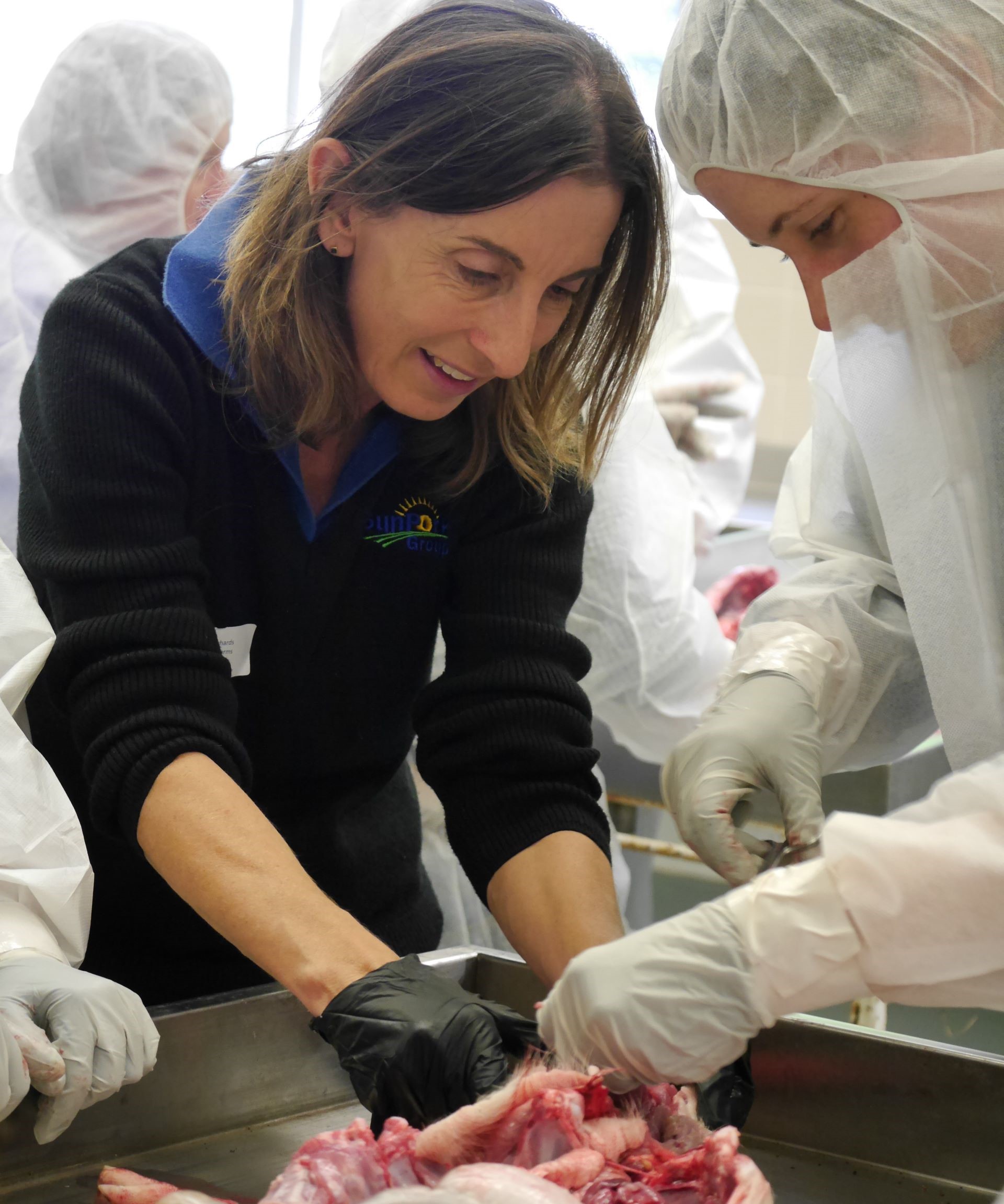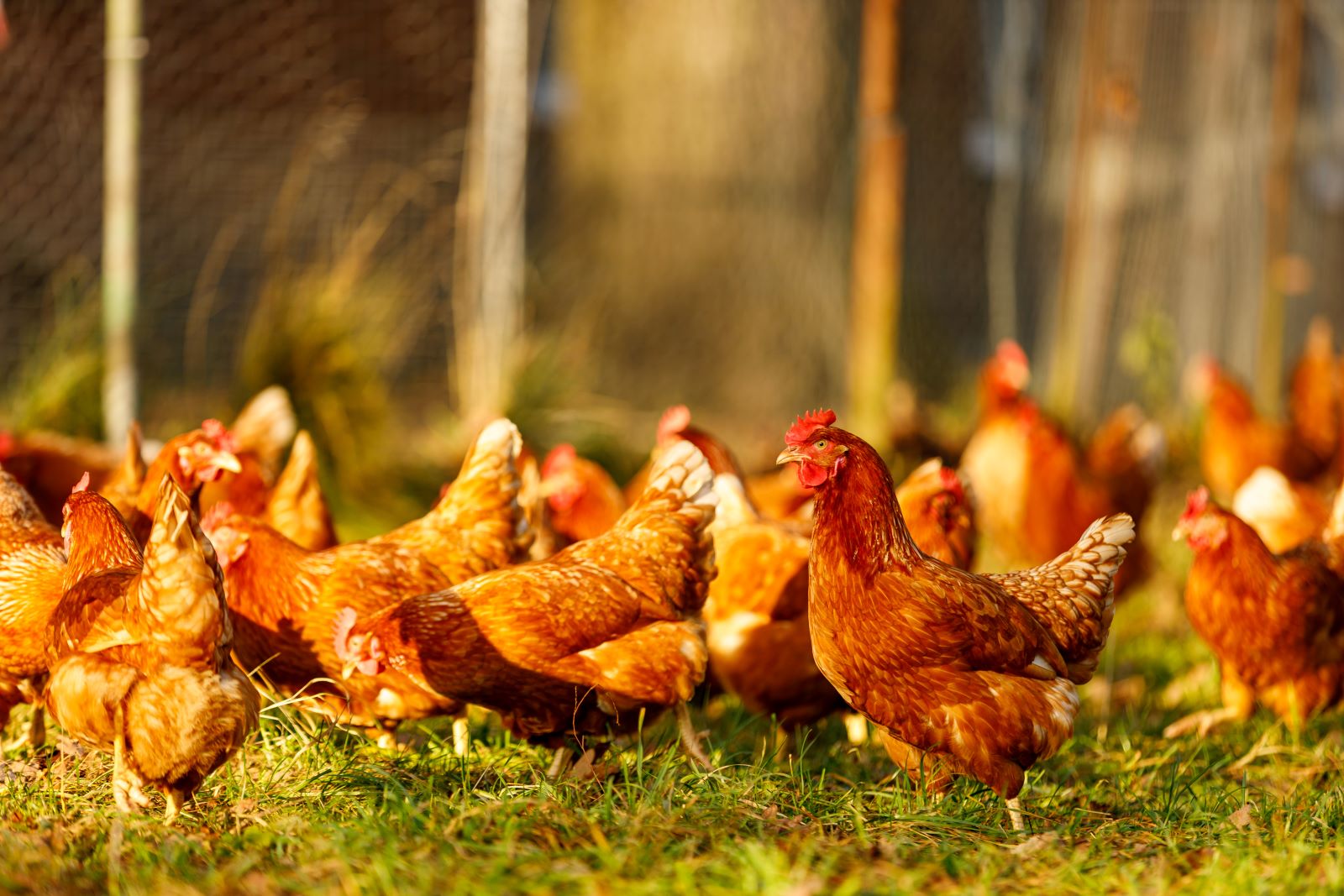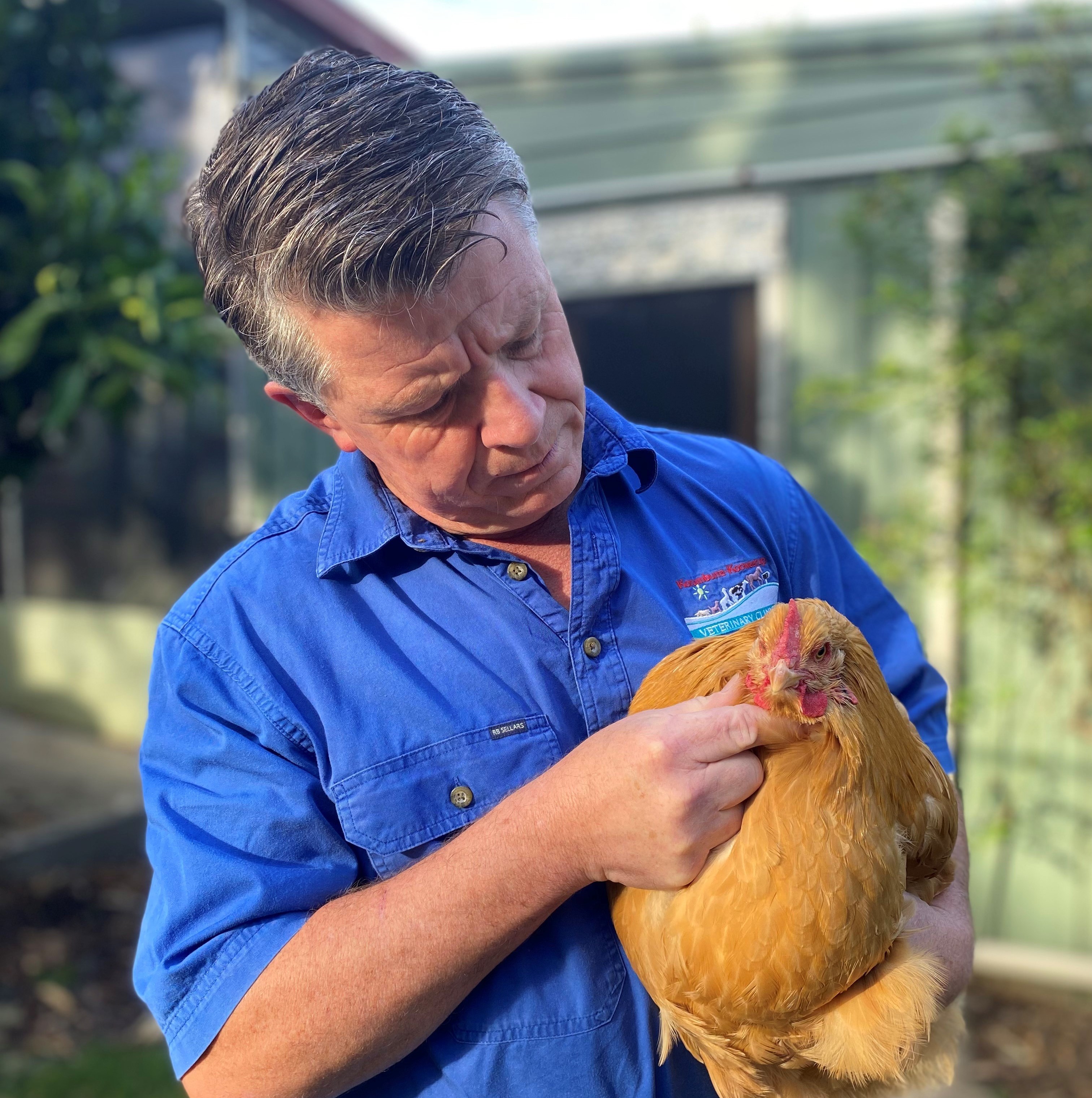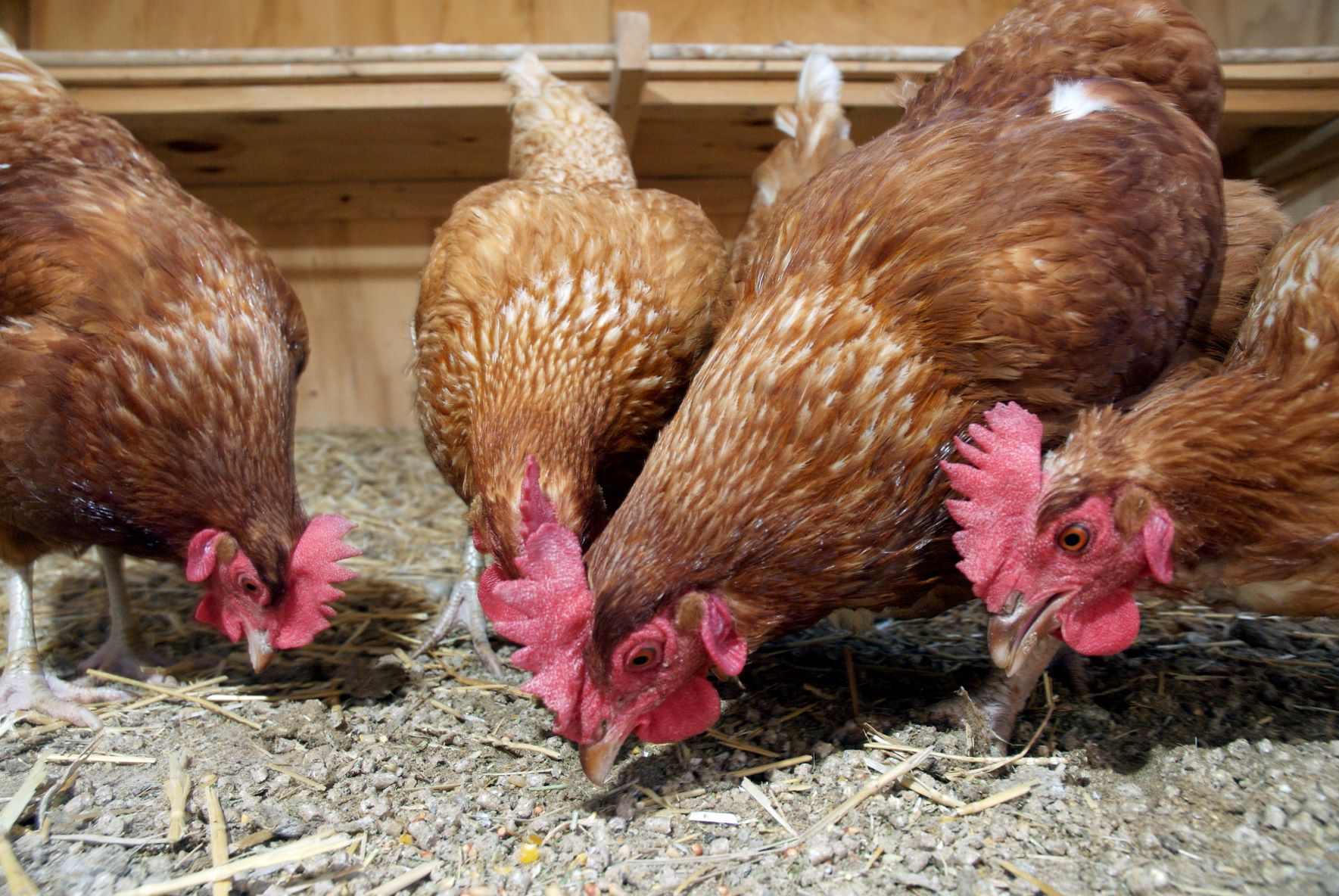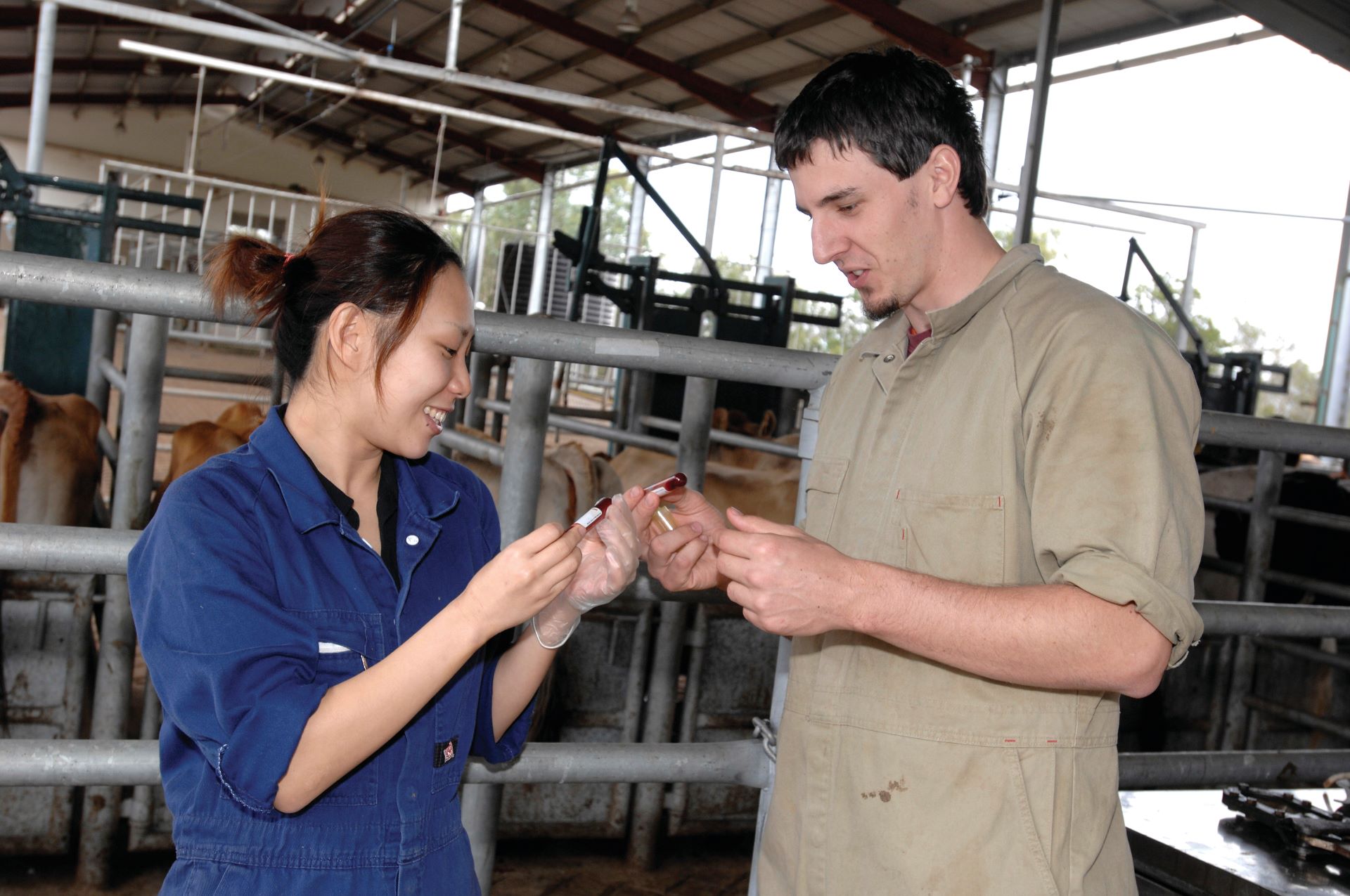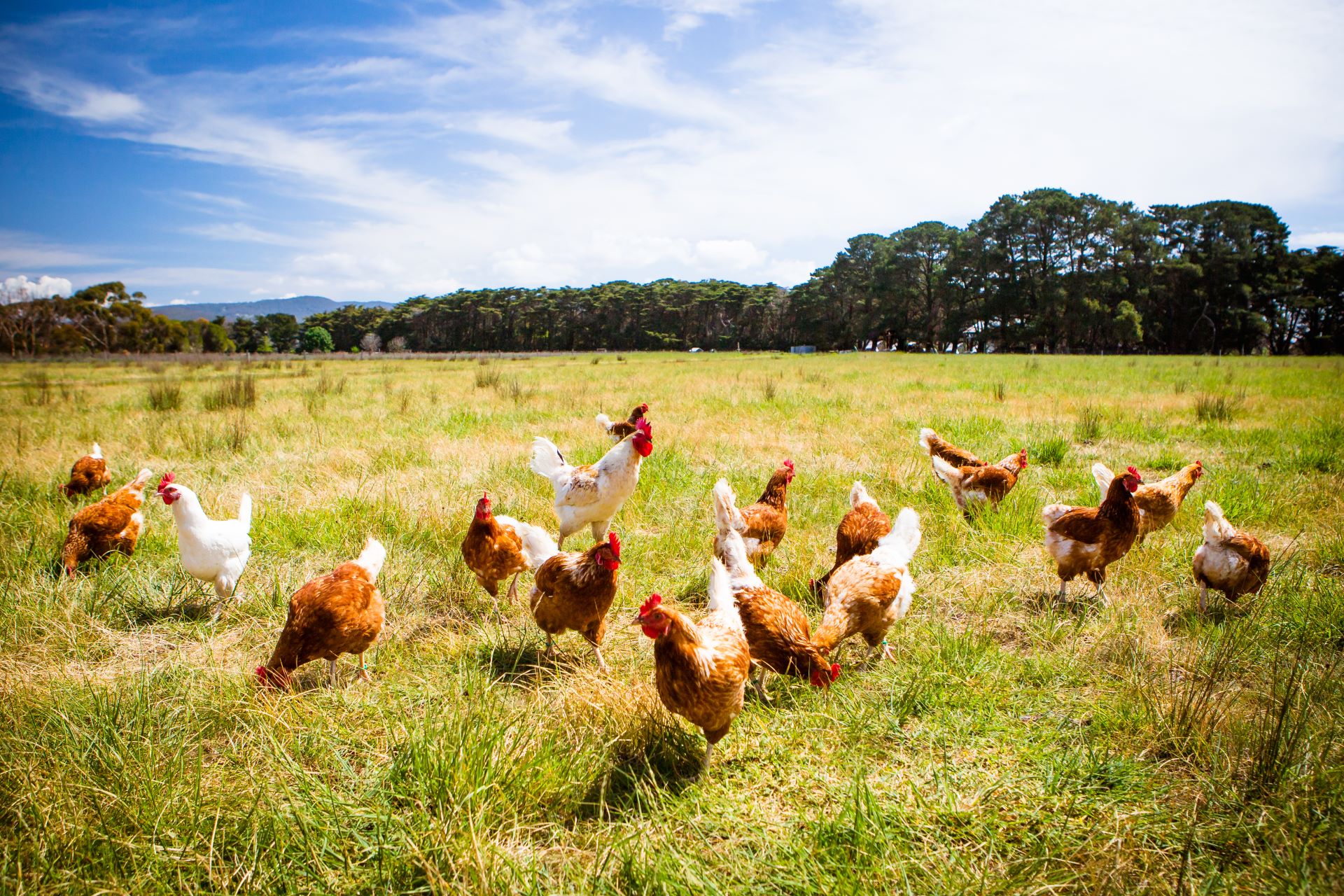
Any emergency animal disease (EAD) outbreak can pose a great risk to our agriculture and export industries, and native wildlife.
A fast and well-informed response is vital in any outbreak and veterinary experts are critical. They can help connect government, industry and producers in times of crisis. They are often well positioned to explain the purpose and impact of outbreak response actions to farmers and other supply chain stakeholders.
An outbreak response often needs a large veterinary workforce to mobilise at short notice.
Discover the important role veterinarians have played in past outbreak responses.
